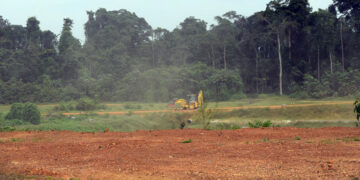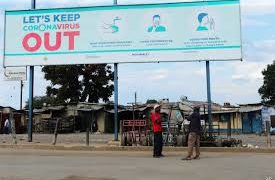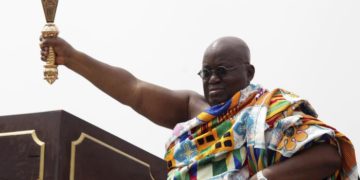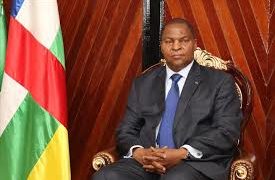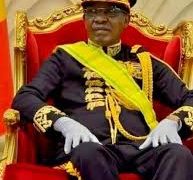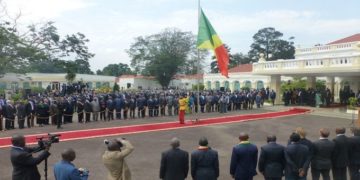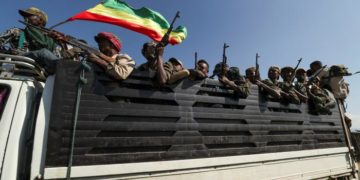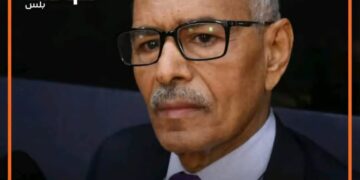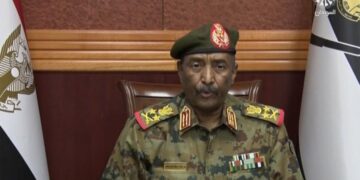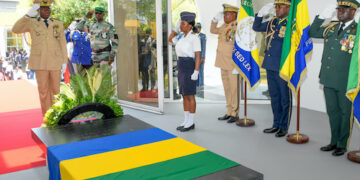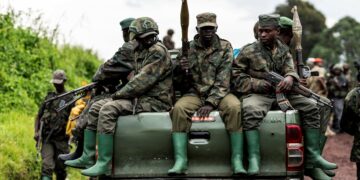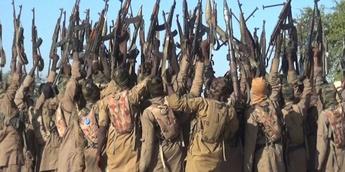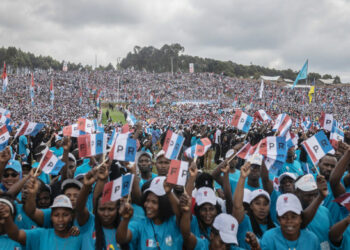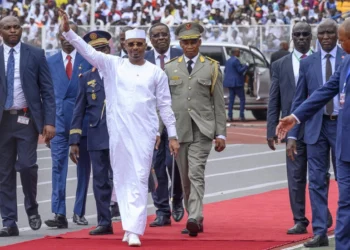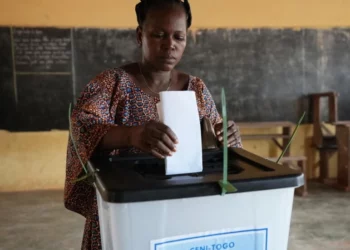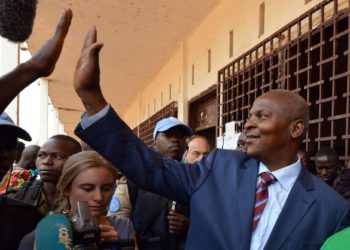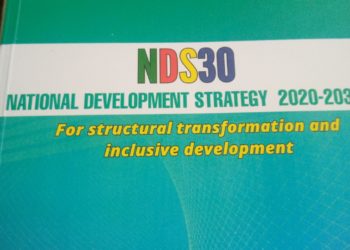Chad is voting and will become the first of Africa’s current junta-led states to move to democratic rule with Monday’s presidential vote.
The election is expected to end a three-year transition since the death of Idriss Deby Itno while fighting rebels.
Gen Mahamat Déby is one of the favourites to win while Prime Minister Succès Masra is among his nine challengers and is seen as his biggest rival.
Speaking to supporters in the capital, N’Djamena, the former African Development Bank executive promised young people a better future and the creation of more jobs.
A “minimum package of dignity” in his programme includes an ambitious five-year plan to create 200,000 jobs, divided equally between the private and public sectors.
Masra’s grassroots campaign has also promised to deal with other urgent issues like access to electricity, water, and security for all.
Gen Mahamat is backed by a broad coalition of political parties and civil society groups and it is widely believed he will win the vote.
“There’s no match, because with our candidate we’ve already made a 100 per cent success of the election. No candidate can match our candidate, the MIDI champion,” said supporter Abakar Bishala who attended the rally.
Deby’s supporters boast of his success in optimising the country’s defence and security, national reconciliation, and the organisation of referendums on a new constitution.
Ten other politicians who had been hoping to run, including two prominent figures, Nassour Ibrahim Neguy Koursami and Rakhis Ahmat Saleh, were excluded by the constitutional council because of “irregularities”. For example, Mr Koursami was accused of forgery.
The oil-exporting country of nearly 18 million people is ready to set the pace in Central Africa in terms of organizing free and fair elections.
But when it comes to the vote, there is a mixture of hope and despair.
Hope is that whoever wins, could spark a new era of young leadership in the country, but despair as over the past three decades, life has become tougher for many in the country.
The results are expected to be released by 21 May, but a second round could be held in June if no candidate gains more than 50% of the vote in the first round.

